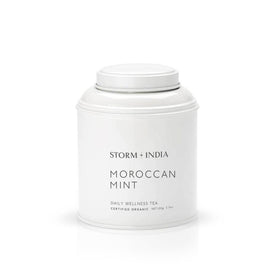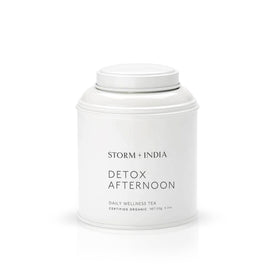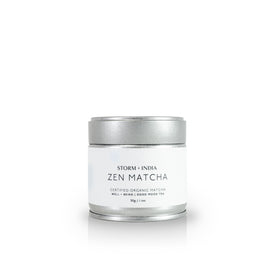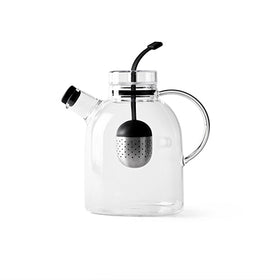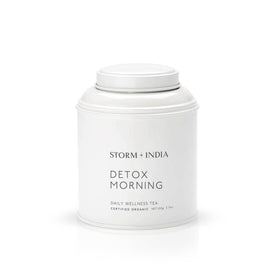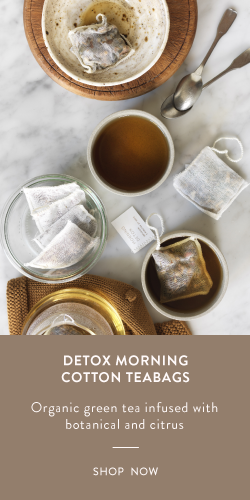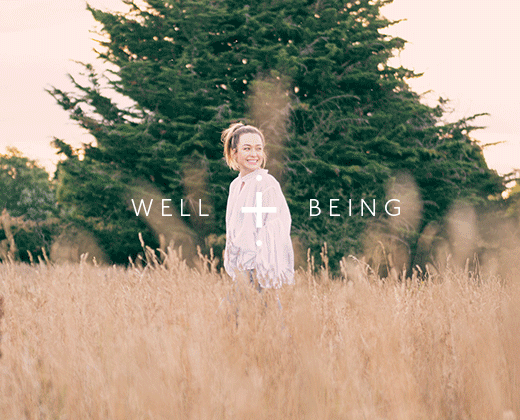
IS COFFEE REALLY YOUR FRIEND? MAYBE IT’S TIME FOR A NEW FAVOURITE BLEND
Your coffee habit might be something you have never given a second thought to. You grew up watching your parents start their day with it, and then as you got older it became an essential part of your routine. Coffee has been enjoyed for centuries the world over, but it is not until recently that the effects of coffee on our health have been examined. As science, health knowledge and research have evolved so has the stance on coffee. There are studies that have found coffee to be protective of certain cancers and diseases, and just as many which have proven the opposite. The truth of it is that while coffee contains antioxidants and maybe be helpful in moderate amounts, it is not for everyone, and especially not in the quantities that many people consume it in.
It’s time to get real about how coffee affects you and find out if you would do better without it.
What does your gut tell you? Not your intuition, but your digestive system. Your stomach and bathroom habits are often the first areas affected by excess coffee – which could be as little as one cup if you have a low tolerance. Coffee speeds up the rate of muscle contractions in the gut, causing food to move through too quickly which can result in cramps, gas, bloating, or diarrhoea.
Caffeine affects the whole body, but the most worrying thing I see in patients is the damage it can do to your adrenal glands and the pressure it puts on your stress hormone production. Caffeine triggers your body to produce adrenaline (your fight or flight hormone) and excess cortisol (a stress hormone). These two hormones should only be produced by the body in small amounts. But when you drink coffee you are forcing the body to make these hormones unnecessarily. If you are already working or living in a high-stress situation you are compounding the stress that the body is experiencing. Long term increased levels of stress hormones contributes to a range of illnesses and diseases.
For many people with anxiety, coffee consumption can worsen their symptoms and it often goes unnoticed as the anxiety and increased caffeine consumption usually start at the same time, for example: when starting university or entering the workforce. Coffee causes receptors in the brain to become blocked, which causes the brain to become ‘excited’ resulting in the jittery high associated with coffee. However, in many people this causes or worsens their anxiety symptoms. If you are prone to anxiety I urge you to switch to a low caffeine or caffeine-free drink.
The last area of concern with regular coffee consumption is dehydration. Coffee is a natural diuretic, causing the body to lose water. Not only does dehydration contribute to low mood, brain fog, and fatigue, but it also leaves your eyes and skin dull.
HOW IS COFFEE AFFECTING YOUR HEALTH? FIND OUT!
1. Do you have trouble falling asleep?
2. Do you have dry skin and lips or dark circles under your eyes?
3. Does coffee cause you to feel jittery or anxious?
4. Do you need coffee in order to feel fully awake each morning?
5. Do you get headaches or feel agitated if you don’t have a coffee?
6. Do you experience unwanted digestive symptoms after coffee consumption?
If you answered ‘yes’ to two or more of the above questions then it might be time to re-evaluate your relationship with coffee and look at whether or not it is serving your health or hindering it.
WHAT TO DRINK INSTEAD
Ok, so you have made the decision to reduce or eliminate your coffee consumption, what now? You don’t have to do away with your morning routine of enjoying a creamy warm drink before work, or during your morning meeting. There are plenty of caffeine-free, or low caffeine options for you to enjoy. Herbal tea is a fantastic way to start the day – if you are particularly caffeine sensitive I advise trying an uplifting cup of Chamomile Blossom or Hibiscus Blossom.
If you are after something with a bit more of a punch and a range of health benefits then you can’t look past green tea or matcha. Green tea is the same plant as black tea, but the growing process and lack of fermentation change the properties of the tea. Green tea can be used as a whole leaf tea, as it is used in Morning Detox, or as a powder. The powdered version of green tea is known as Matcha. Matcha makes for a great alternative for anyone wishing to increase their antioxidant intake and reduce their coffee intake or reliance.
While green tea contains caffeine (approximately half as much as coffee, per cup) the effect of the caffeine on the body is moderated by the amino acid L-theanine. This amino acid helps you to feel energised, yet relaxed – providing a calmer buzz, which is preferable to a jittery coffee high.
Green tea has long been advocated as a good source of ageing and disease-fighting antioxidants, and by drinking the crushed leaf you consume more antioxidants with each serve than is possible by infusing the tea leaves in water. Each two-gram serve of matcha can contain as many antioxidants as 10 cups of green tea.
Matcha is an easy switch to make if you enjoy a creamy coffee each morning, the powder blends well with almond, cows, oat or rice milk and can be sweetened slightly if you like. Take the time to enjoy the ritual of making and drinking your matcha latte, use it as a time to focus on your breathing, set your intention for the day, or simply as a timeout before a busy work day.
THE POWER OF MATCHA
One morning latte, five proven benefits:
1. Provides a rich dose of antioxidants to help fight inflammation and disease.
2. Immediately helps you to feel energised and improves your ability to concentrate.
3. Increases your natural rate of fat burning, which may aid in weight loss.
4. Contains chlorophyll to support and enhance your body’s own detoxification processes.
5. Regular consumption decreases the risk of heart disease and high blood pressure.
Words on Wellness by Jessica Gilijam-Brown
New Zealand based Holistic Nutritionist (BSc) @wellnessbyjessica

